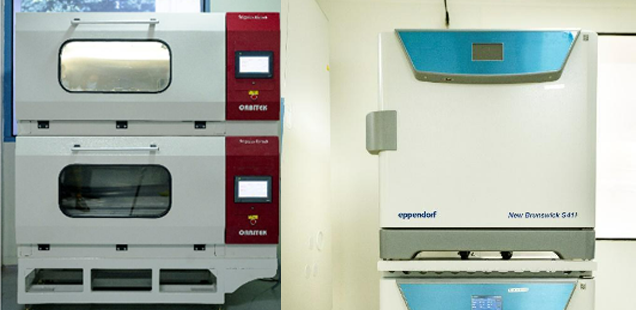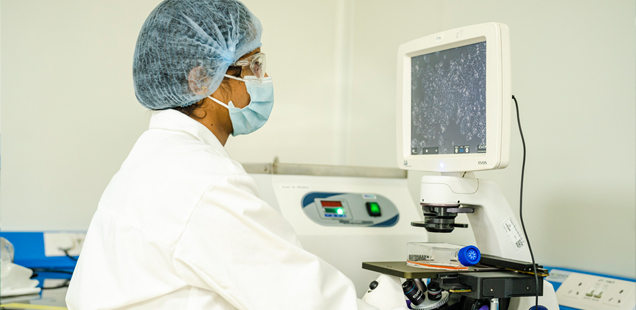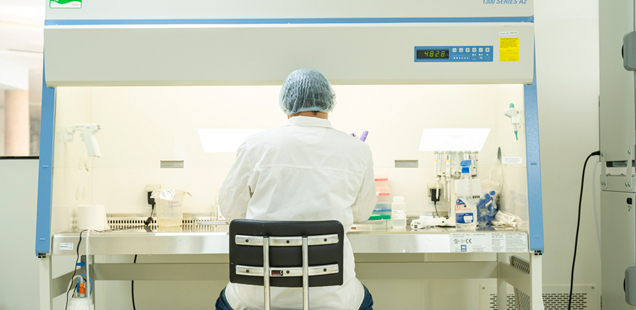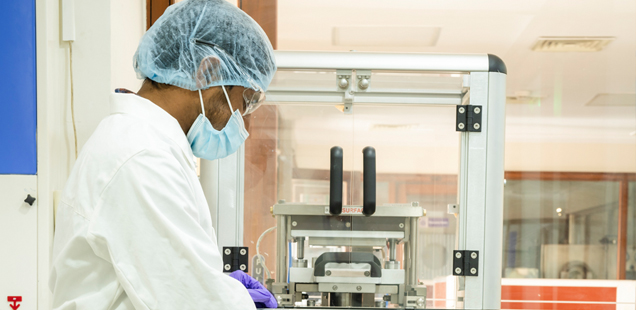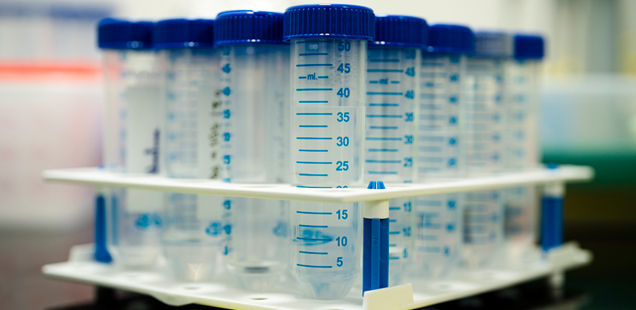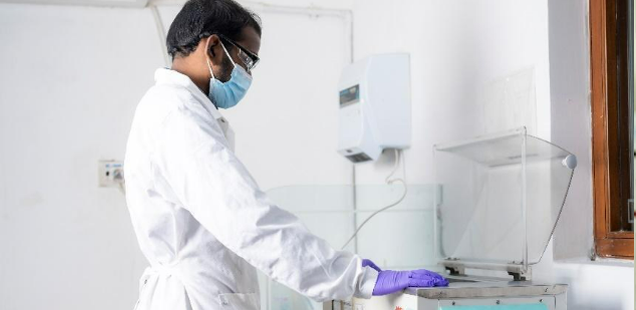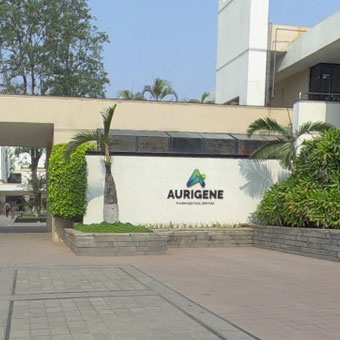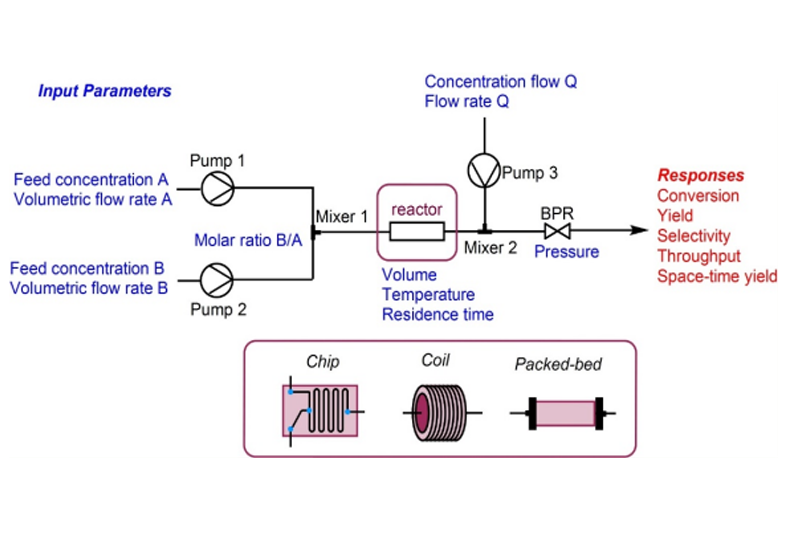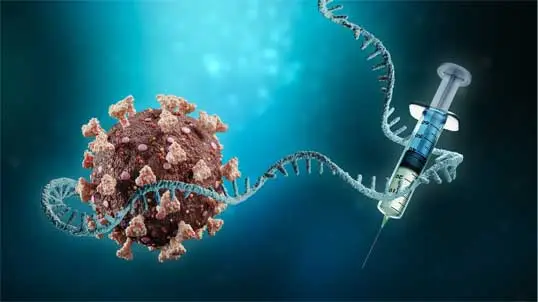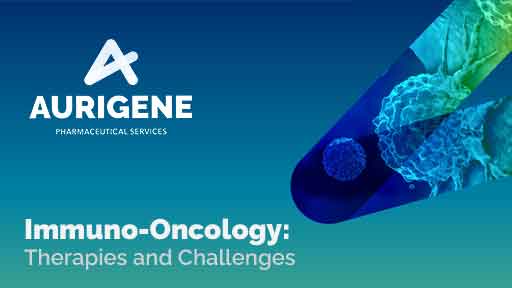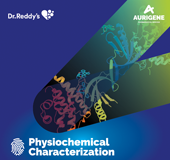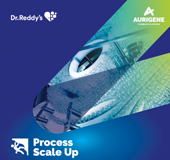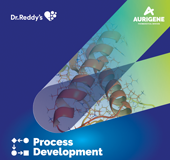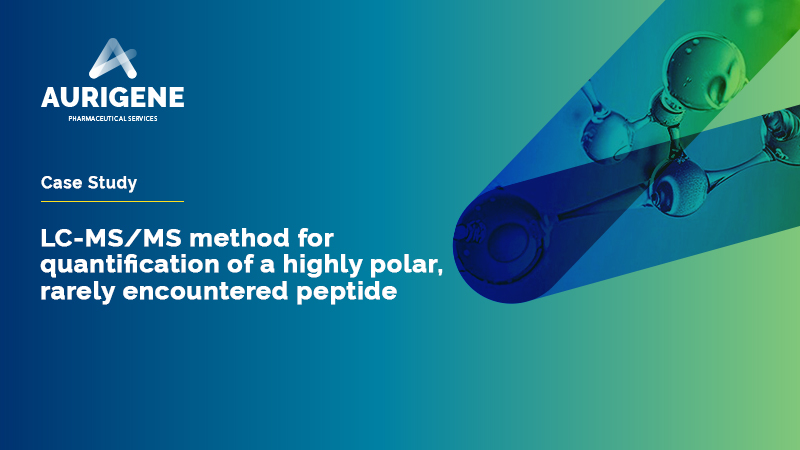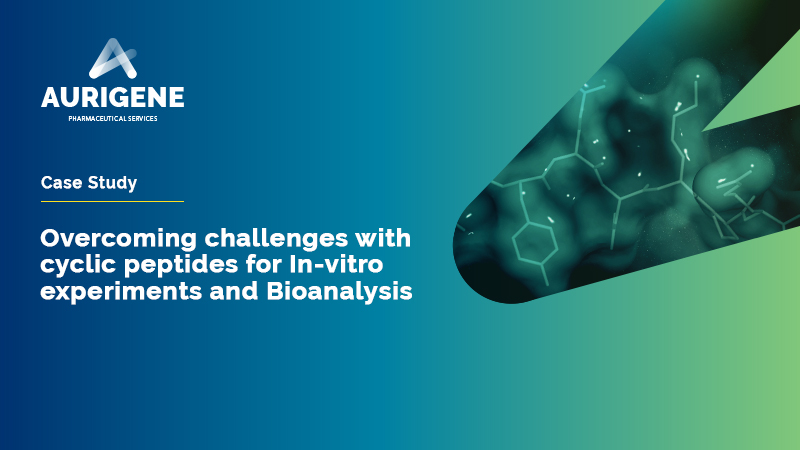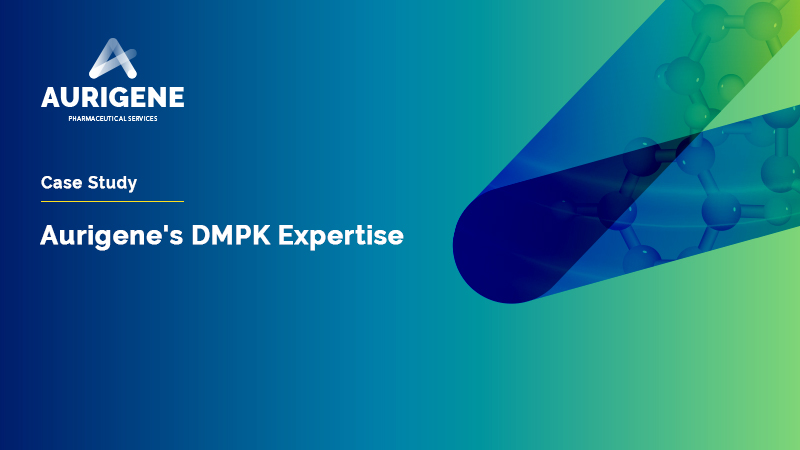
Antibody, linker-payload, conjugation and analytics – we provide a one-stop solution for ADC discovery and development.
We understand the dynamic nature of the current ADC technology landscape and the complexities associated with it. Our team is well versed with a wide range of ADC technologies and is capable of adapting new technologies to support our client needs. We also provide expertise to develop novel liker technologies and cytotoxic payload optimization.
We offer a wide range of ADC services, and our team is competent at adapting new technologies to meet client requirements.
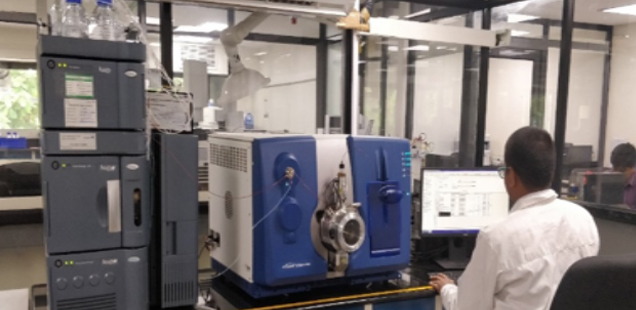
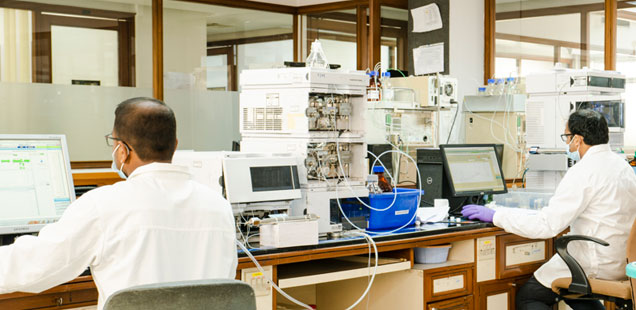
Linker technologies
We offer services for designing and synthesizing ADC linkers and linker-drug conjugates. Based on the drug release mechanism, we design & synthesize different ADC linkers: Cleavable and non-cleavable linkers, self-immolation tracer-free linkers, and peptide linkers.
Conjugation technologies
Our team carries out ADC conjugation services to accelerate the production of ADC constructs with quality attributes.
Amine (Lys) conjugation, thiol (Cys) conjugation, site-specific conjugation, enzymatic conjugation, glycoconjugation, and click chemistry.
Payloads
According to clients’ requirements, we optimize payloads such as cytotoxic, non-cytotoxic, and biological payloads. Our team handles a wide range of cytotoxic payloads, including:
- Auristatins (MMAE & MMAF)
- Tubulysin
- PBD Dimer
- Maytansinoids (DM-1, DMO4)
- Duocarmycin
- Exatecans
ADC discovery (therapeutics & tool/ reagent) and development
Our ADC discovery programs are customized as per the target biology and desired mechanism of action. Specific screening strategies are designed and employed at a stage as early as antibody generation. Some of the early stage activities include screening and design of mAbs for internalization (or lack of it), effector function, off-site localization, and half-life.
Rapid and comprehensive scouting of the linker-payload technology space can be plugged-in to identify the most desirable combinations of mAb, linker-payload, and conjugation strategies. Stage appropriate in vitro screening and detailed evaluation of lead ADC molecules is carried out using customized assay platforms.
We also provide in vivo therapeutic evaluation, PK, and rodent toxicology assessment support for ADC candidates with appropriate bioanalytical methods customized for each program. Conjugation and purification process development takes into account each component of the ADC molecule. Quality, scalability, safety, and cost-effectiveness concerns are addressed at each stage of process development.
ADC analysis
A biomolecule is complex as an ADC and demands analytical assessment to ensure safety and quality. Routinely determined attributes during ADC analysis are
- DAR average
- Free-drug
- Conjugation site
- Aggregation
- Fragmentation
- Endotoxin
- Antigen binding affinity
- Plasma Stability
- In vitro potency
Why Aurigene Antibody Drug Conjugate Services?
Site-specific conjugation technology
In-house linker library & Payload
Collaborative and solution driven
Analytical assessment to ensure safety and quality
Various commercial and customized linkers
Connect with our scientific experts for your drug discovery, development, and manufacturing needs
We understand that clear communication is essential to successful collaborations, and that's why we have a dedicated team that is always ready to help you. Whether you have questions about our services, want to discuss a potential partnership, or simply want to learn more about our company, we're here to help.
Our team of experts is dedicated to providing personalised solutions tailored to your unique needs. So, please don't hesitate to reach out to us. We look forward to hearing from you and helping you achieve your business goals.
Resources
OCTOBER 01, 2024
PROTACs: Research for a life without cancer
PROTACs: Proteolysis-targeting chimeras (PROTACs) are a rapidly evolving field with promising applications in cancer, neurodegenerative diseases, and other conditions where the regulation of protein levels is crucial. PROTACs are a novel class of small molecules designed to target specific proteins for degradation by the ubiquitin-proteasome sys...
Read More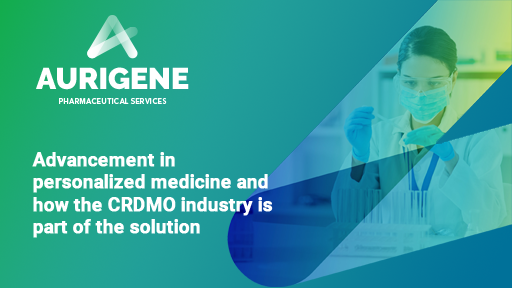
Advancement in personalized medicine and how the CRDMO industry is part of the solution
Personalized medicine is transforming the healthcare landscape by customizing treatment plans to individual patients’ unique genetic, clinical and environmental characteristics. These are effective and less invasive treatments for a wide range of conditions. Contract Research, Development and Manufacturing Organizations (CRDMOs) play an important role...
Read More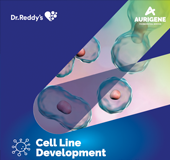
Cell Line Development
We enable development of stable and high yielding recombinant Mammalian and Microbial lines. ...
Read More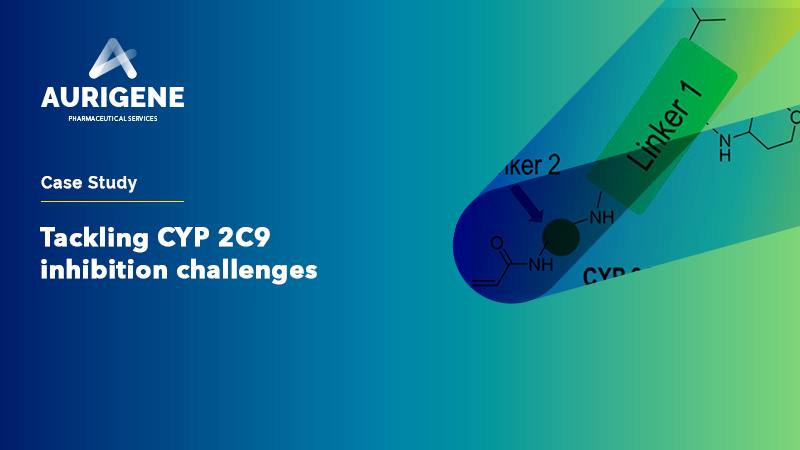
Case study: Tackling CYP 2C9 inhibition challenges
The Problem: Active compounds in a project were found to be highly potent inhibitors of CYP 2C9 The compounds selectively inhibited CYP 2C9 with IC50 values <100 nM There was no considerable inhibition of the other CYP isoforms Our Mitigation Approach: CYP 2C9 inhibition data was generated for a larger set of co...
Read MoreSynthesis of Anti-covid Drug Nirmatrelvir Using Flow Chemistry
2022
Synthesis of the anti-covid therapeutic Nirmatrelvir by using flow chemistry to enhance efficiency of amide to nitrile conversion in a functionally and Stereochemically Embellished environment. ...
Read More-
Discovery of MAP855, an Efficacious and Selective MEK1/2 Inhibitor with an ATP-Competitive Mode of Action.
2005
Mutations in MEK1/2 have been described as a resistance mechanism to BRAF/MEK inhibitor treatment. We report the discovery of a novel ATP-competitive MEK1/2 inhibitor with efficacy in wildtype (WT) and mutant MEK12 models. Starting from a HTS hit, we obtained selective, cellularly active ...
Read More -
Wang-OSO3H catalyzed green synthesis of bioactive isoindolo[2,1- a ]quinazoline-5,11–dione derivatives: An unexpected observation
2005
The sulphonic acid-functionalized Wang resin (Wang-OSO3H) was explored as a polymeric and recov- erable acidic catalyst for the synthesis of isoindolo[2,1- a ]quinazoline-5,11–dione derivatives under green conditions. Thus the Wang-OSO3H ...
Read More -
Polycyclic Aromatic Compounds: A Simple and Efficient [(n-Bu3Sn)2MO4]n Catalyzed Synthesis of Quinazolinones and Dihydroquinazolinones
2005
A novel unprecedented approach for the synthesis of various quinazolinones and dihydroquinazolinones has been using [(n-Bu3Sn)2MO4]n as a catalyst. The reaction has been screened ...
Read More
You are about to leave Aurigene Pharmaceutical Services and affiliates website. Aurigene Pharmaceutical Services assumes no responsibility for the information presented on the external website or any further links from such sites. These links are presented to you only as a convenience, and the inclusion of any link does not imply endorsement by Aurigene Pharmaceutical Services.
If you wish to continue to this external website, click Proceed.

Leaving already?
Don't forget to join us at
CPHI Worldwide 2023.
October 24th-26th, 2023 | Barcelona, Spain
Get ready to accelerate your drug’s journey to the market

